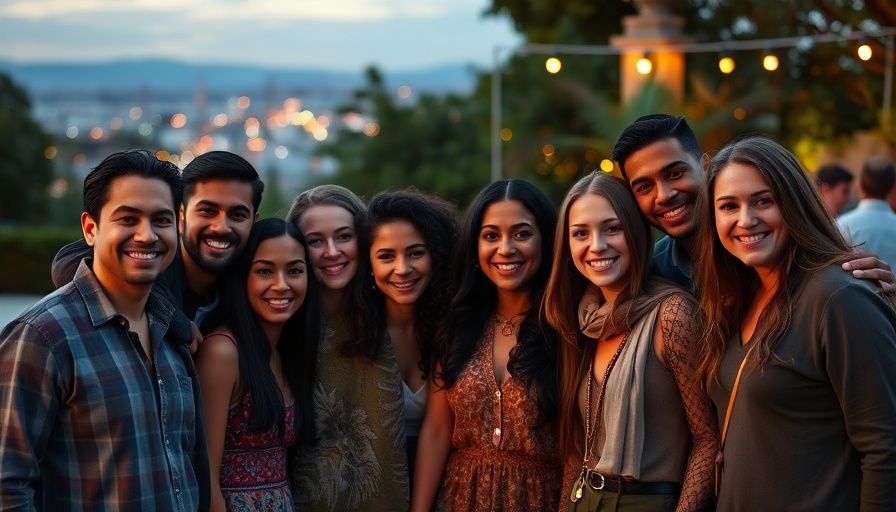
Making Peace in Schools: A Celebration of Student Changemakers
Under a brilliant night sky, two middle schools from the Pasadena Unified School District (PUSD) were celebrated for their extraordinary commitment to fostering peace and resilience through education. During a recent gala organized by the Western Justice Center (WJC), this partnership was highlighted, showcasing the impactful collaboration between educators and community organizations. The Dorothy W. Nelson Peacemakers Awards were presented to Eliot Arts Magnet Academy and McKinley School for their efforts in navigating challenges, including the temporary sharing of facilities following the devastating Eaton Fire.
Empowering Future Leaders Through Education
The significance of the awards extends beyond recognition; they embody a foundational shift in how education is approached within PUSD. As Dr. Julianne Reynoso, Assistant Superintendent of Student Wellness and School Safety, articulated in her heartwarming speech, the partnership between PUSD and WJC is a transformative journey aimed at implementing restorative practices and community engagement within schools.
Dr. Reynoso expressed immense gratitude for the collaboration, stating, "This vital work represents a true investment in restorative practice, community circles, and peer mediation." Programs are now available across all 23 PUSD schools to equip educators and students with the necessary tools to foster an atmosphere of respect, dialogue, and understanding.
A Framework for Building Peace
The gala, held at the prestigious Jonathan Club in downtown Los Angeles, also served as a stage for WJC Executive Director Elissa Barrett to inspire attendees with her insights on peacebuilding. Barrett emphasized that teaching peace should begin at an early age, a principle that is deeply ingrained in WJC's mission and reflected in their programs.
"At the Western Justice Center, we teach peacebuilding starting in kindergarten and support our young peacemakers all the way through high school. Because peace is a practice," Barrett stated, reinforcing the idea that developing skills in conflict resolution and understanding is vital for young leaders.
The Importance of Collaboration in Education
In attendance at the gala were leaders from various institutions, including Pasadena City College (PCC), underscoring a collective effort toward advancing educational and social goals in the region. PCC President Dr. José Gómez was awarded the Movement Builder Award for his exceptional contributions, including opening the campus as a disaster recovery space during the fire crisis.
This event highlights the community's unwavering support for PUSD and its mission. The transformative work taking place in local schools is not just about implementing changes but is about building a culture of peace that will ripple through generations.
A Call to Action for Community Engagement
The evening concluded on an uplifting note as student representatives from the honored schools took the stage, drawing enthusiastic applause from the audience. Their involvement illustrates the undeniable strength of youth-led initiatives and peer mediation in creating harmonious school environments.
As the community celebrates these accomplishments, there is an opportunity for every resident to engage with local educational efforts. Supporting initiatives like the WJC and PUSD's ongoing partnership is essential for cultivating a more peaceful and compassionate society.
 Add Row
Add Row  Add
Add 


Write A Comment